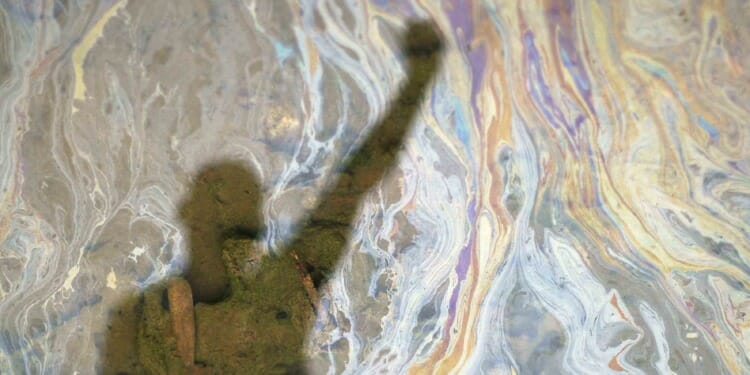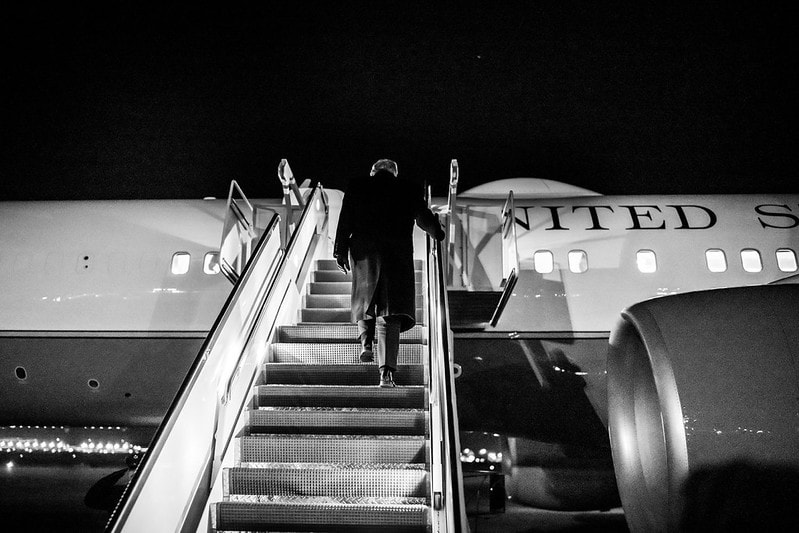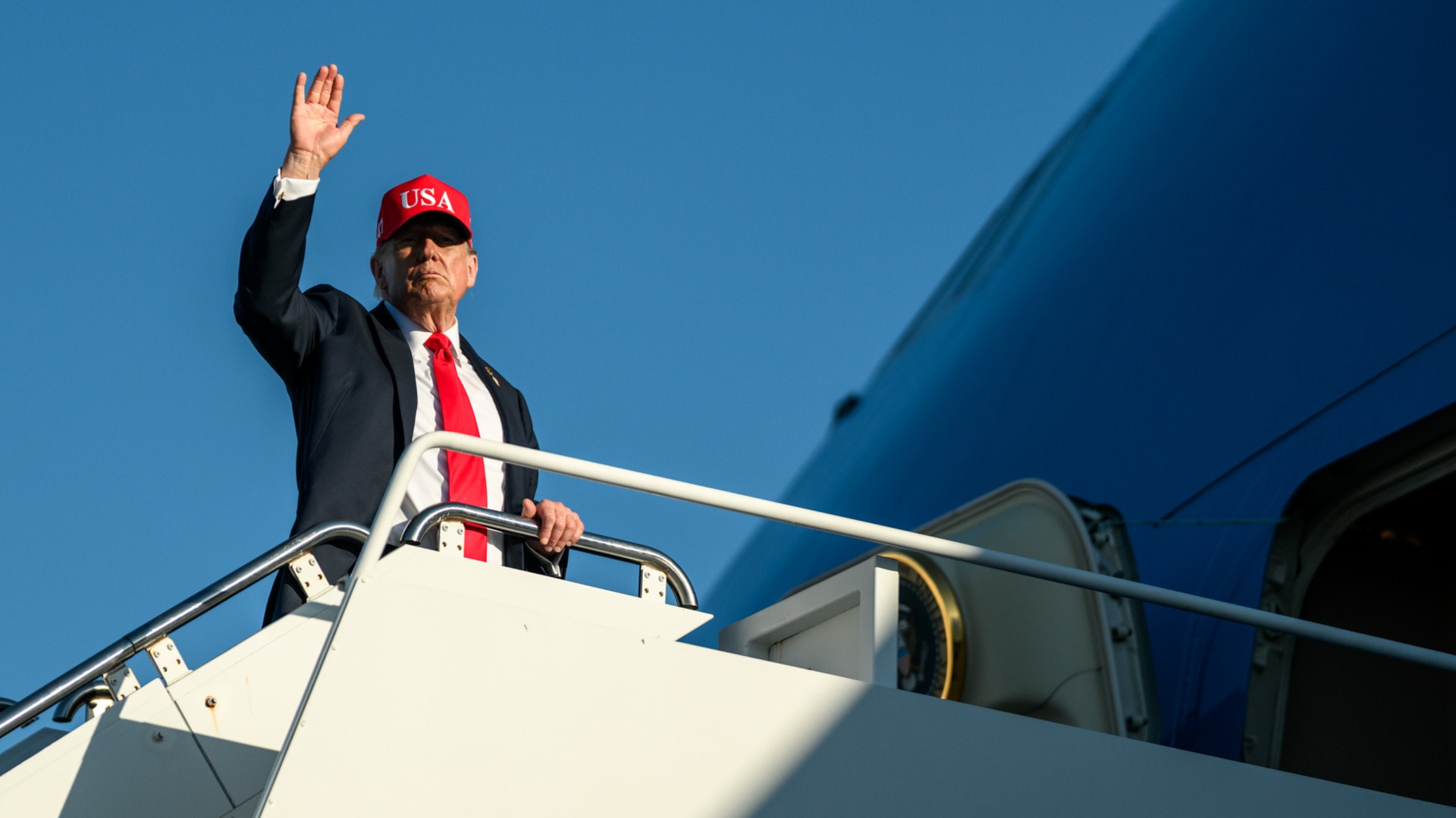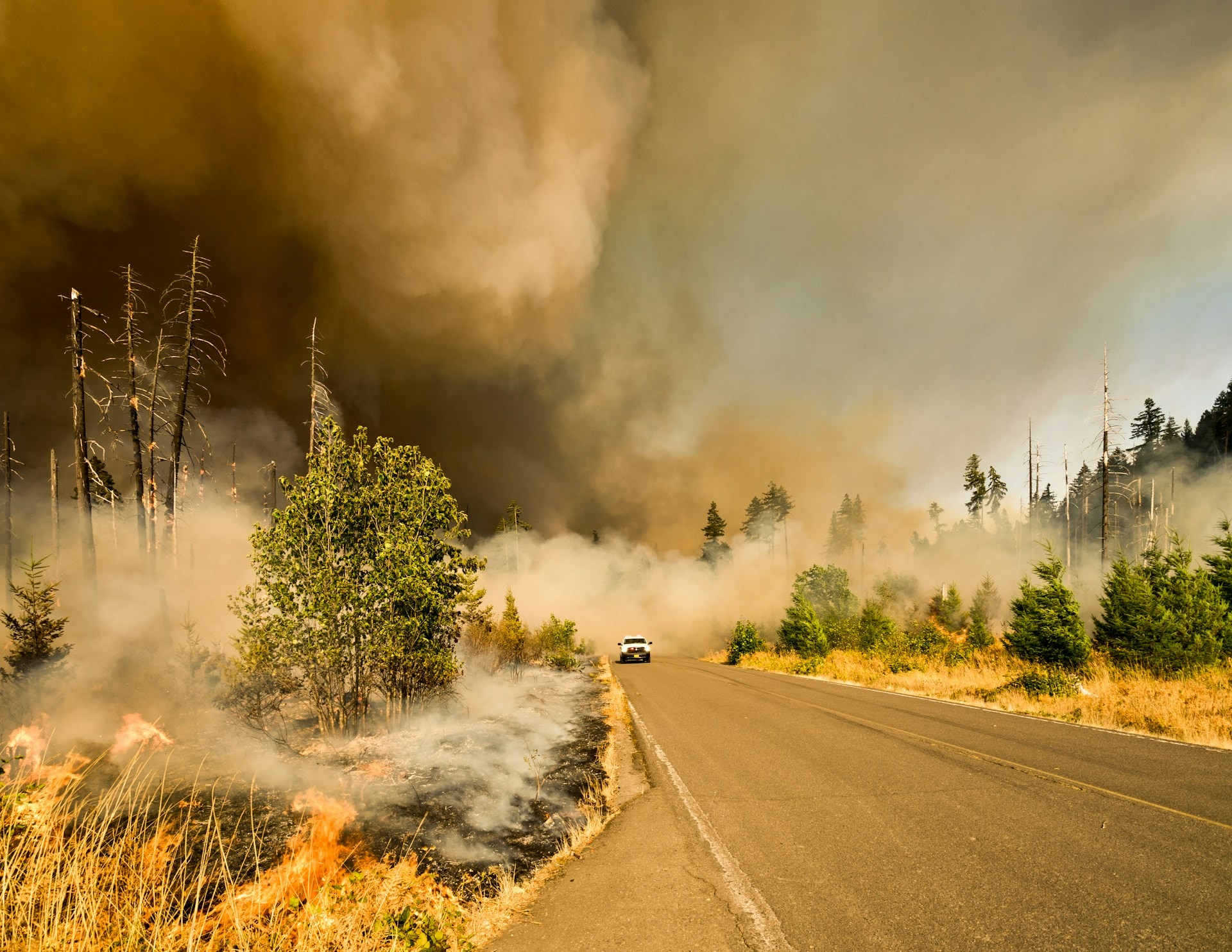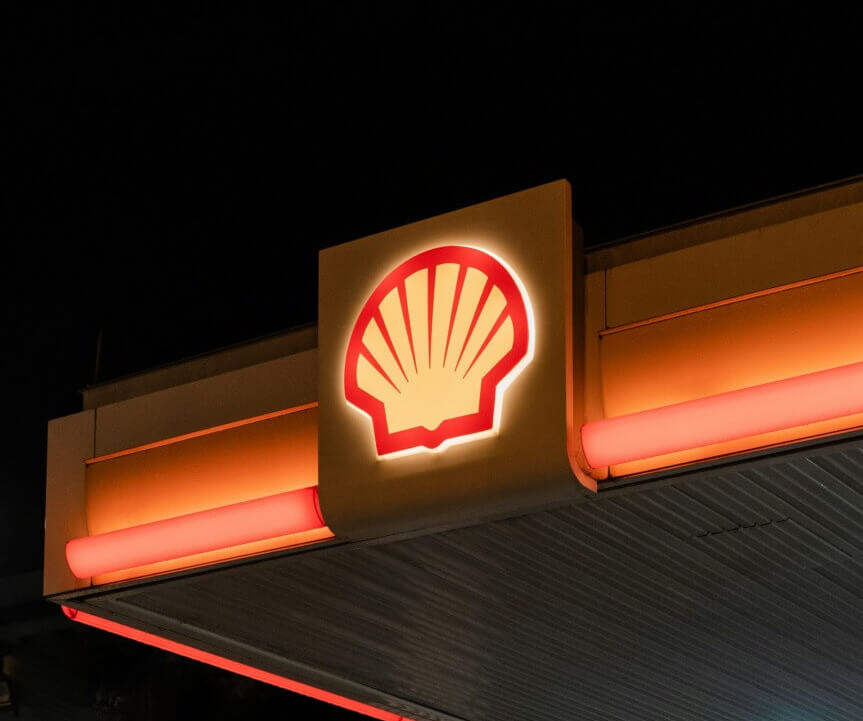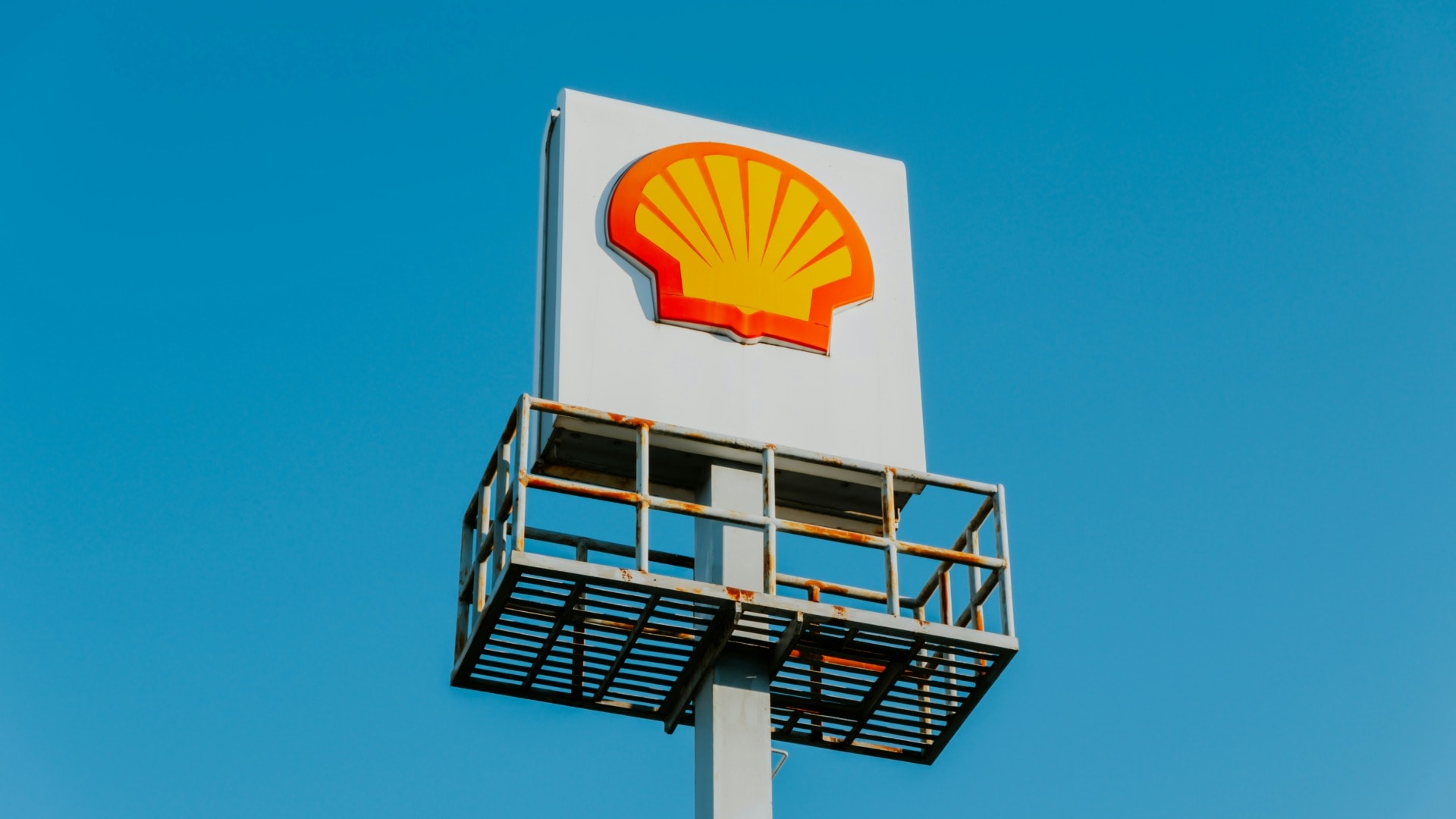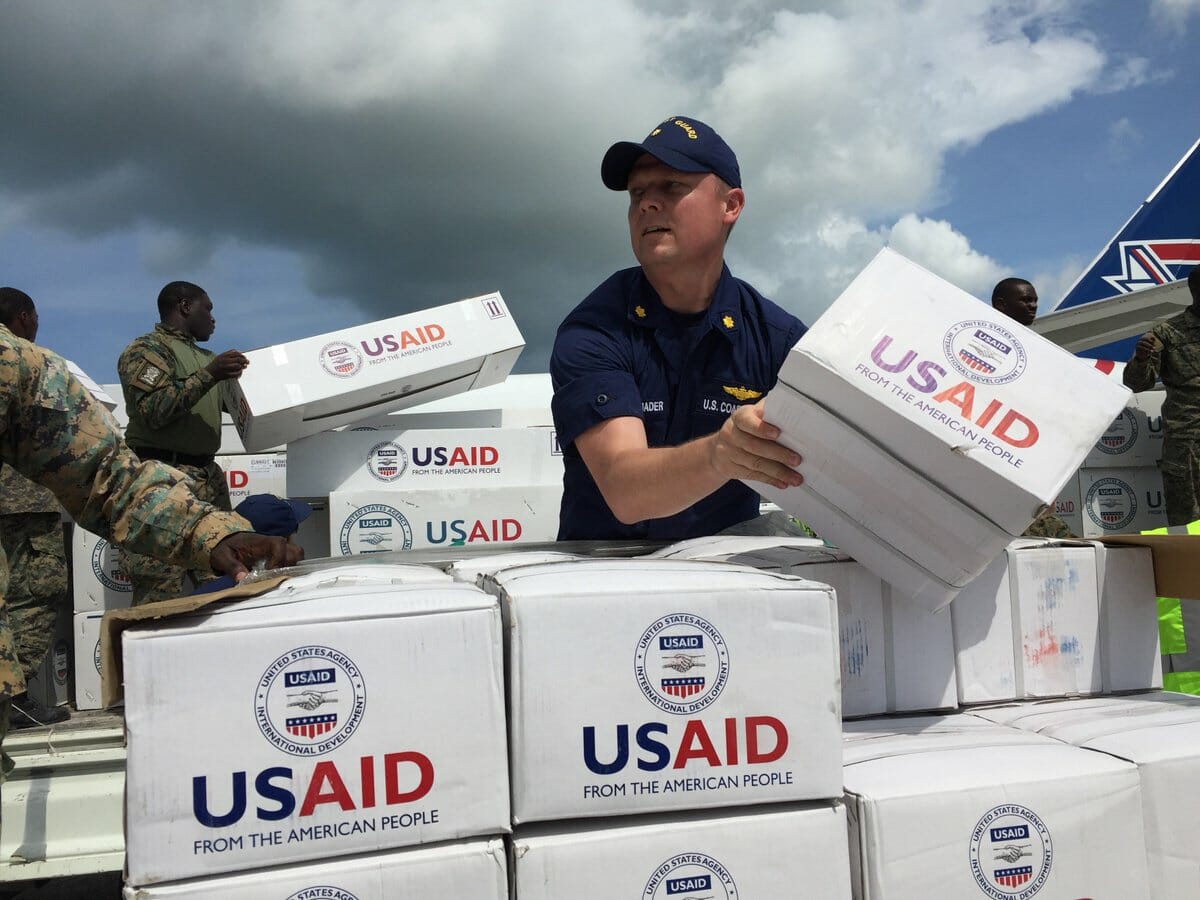In a case that has stretched on for decades, justice has finally been delivered to communities in Southern Nigeria. A Dutch court has ruled that the energy giant, Shell, must pay $111 million in compensation to the Ejama-Ebubu community for the damages and loss caused by an oil spill in 1970.
This isn’t the first and it won’t be the last case brought forth against Shell and other energy companies for oil spills in the region, which continue to be a major issue in the Niger Delta. A study into the effects of these spills found that in 2012 alone, 16,000 babies died in the first month of their life due to oil pollution in the Delta. According to the Rise for Bayelsa campaign, around 40 million litres are spilled every year across the Delta, destroying vital ecosystems, contaminating harvest crops, and exposing the local people to dangerous levels of heavy metals.
The case against Shell was first brought forth in 1991 and has been delayed due to a series of appeals and Shell’s insistence that the damage to the pipelines was caused by third parties during the 1967-70 civil war. Without unequivocal evidence of these third parties though, Shell has been forced to follow through and pay compensation to the community it harmed over half a century ago. The case is just one in a series of recent defeats for the Anglo-Dutch company.
Related Articles: Victory for Climate Movement: Oil Giant Shell Condemned by Dutch Court | Oil spills: A Double-Standard World
In a separate case in January, Shell was forced to compensate four Nigerian farmers for losses caused by oil spills in 2004 and 2005. With the assistance of environmental organization Friends of the Earth, the farmers filed a complaint in 2008 and have finally seen justice after 13 years during which two of the original farmers died. Their sons have replaced them in the court case as the damage inflicted by the oil spills continues to affect generation after generation. Not only will Shell have to compensate for the damage, but both the parent company and its Nigerian subsidiary will have to install warning equipment on the Oruma pipelines to limit environmental damage in case of future spills.
Friends of the Earth also saw victory in a Hague Court case against Royal Dutch Shell in May. In a landmark case brought forward by the environmental organization and more than 17,000 plaintiffs, Shell was ordered to cut their global carbon emissions by 45% by the end of 2030 compared to their 2019 levels.
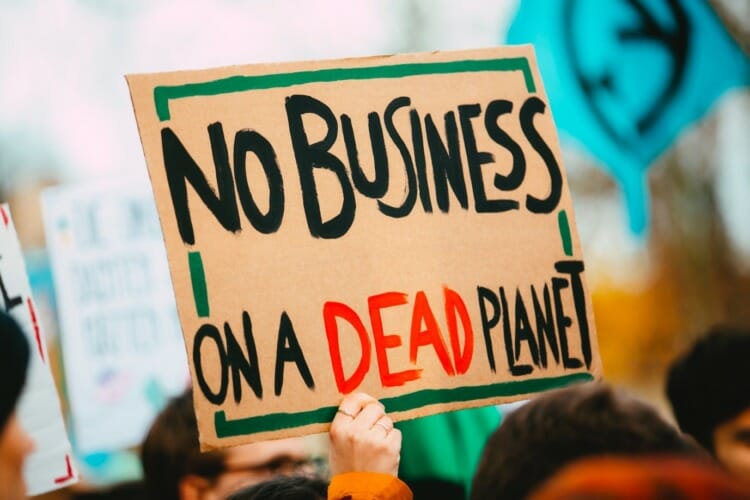
This was the first time a judge has ordered a polluting multinational like Shell to comply with the Paris Climate Agreement and activists are hoping it will set a precedent for future cases. These court rulings hold polluting corporations accountable for their actions abroad and allow individuals in developing countries to challenge the corporate entities doing them harm. In light of the recent IPCC report, it is clear that immediate action must be taken to curb global warming and states cannot do it alone, companies must also be held responsible for the environmental destruction they cause.
Editor’s Note: The opinions expressed here by Impakter.com columnists are their own, not those of Impakter.com.— In the Featured Photo: Tribute photo for Ken Saro Wiwa anniversary. Reflection in polluted river of local activist who follows in Ken’s footsteps, Kegbara- dere community. Featured Photo Credit: Luka Tomac/Friends of the Earth International.


